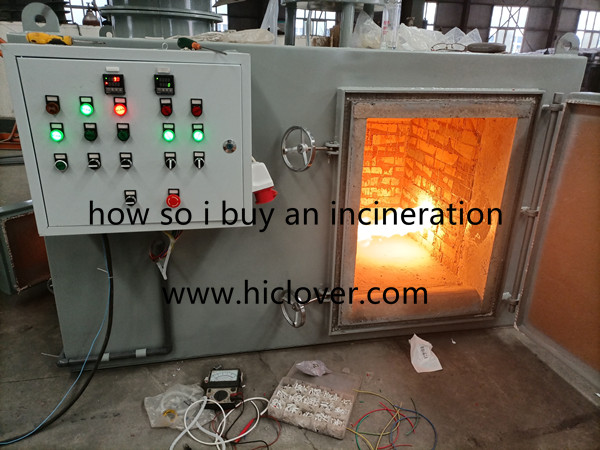Zambia, like many other developing countries, faces the challenge of managing waste effectively and in an environmentally friendly manner. One solution to this problem is the use of simple incinerators, which are becoming increasingly popular in communities across the country. These locally made incinerators are not only addressing the issue of waste management but also having a positive impact on the lives of the people in these communities.
Zambian-made simple incinerators are designed to burn waste at high temperatures, reducing it to ash and other by-products. These incinerators are simple in design, using basic materials such as bricks, clay, and metal sheets. They are cost-effective, easy to build, and require minimal maintenance, making them an attractive option for communities with limited resources.
One of the primary benefits of these incinerators is their ability to reduce the volume of waste. In many communities, waste disposal is a major problem, with limited landfill space and inadequate collection and disposal services. By burning waste, these simple incinerators help to significantly reduce the volume of waste that needs to be disposed of, thus easing the burden on existing waste management systems.
Furthermore, the use of simple incinerators also helps to minimize the risk of pollution and disease. Improper disposal of waste can contaminate water sources, soil, and the air, leading to various health problems for the community. By burning waste at high temperatures, these incinerators help to eliminate harmful pathogens and reduce the emission of noxious gases and particulates, thereby improving the overall environmental and public health conditions in these communities.
Another important aspect of Zambian-made simple incinerators is their potential role in reducing the impact of waste on climate change. By burning waste, these incinerators prevent the release of methane, a potent greenhouse gas that is produced during the decomposition of organic waste in landfills. This contributes to the mitigation of climate change and its associated impacts, such as extreme weather events and rising sea levels.
Additionally, the use of simple incinerators has also created economic opportunities for communities. Many of these incinerators are built by local artisans and laborers, providing them with employment and a source of income. Furthermore, the ash and other by-products of the incineration process can be used for various purposes, such as in construction, agriculture, and manufacturing, creating additional economic benefits for the community.
In conclusion, Zambian-made simple incinerators are playing a crucial role in improving waste management and the overall well-being of communities. These incinerators not only help to reduce the volume of waste but also minimize pollution, mitigate climate change, and create economic opportunities for the people involved in their construction and operation. As the need for sustainable waste management solutions continues to grow, the use of simple incinerators in Zambia and other developing countries is likely to increase, leading to positive impacts on both the environment and the communities they serve.



